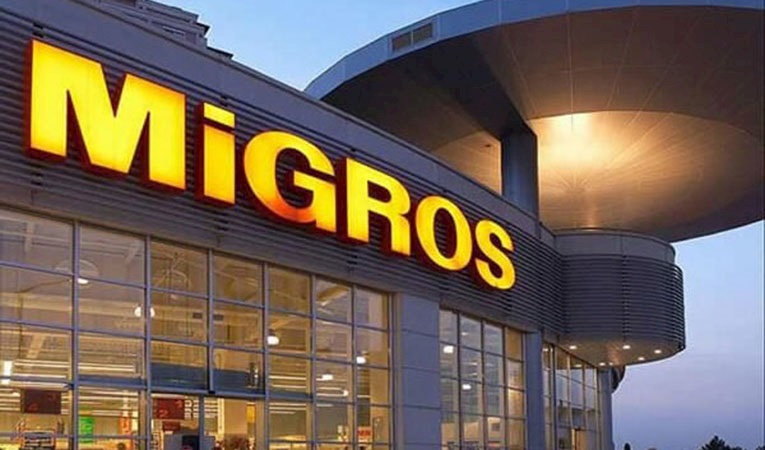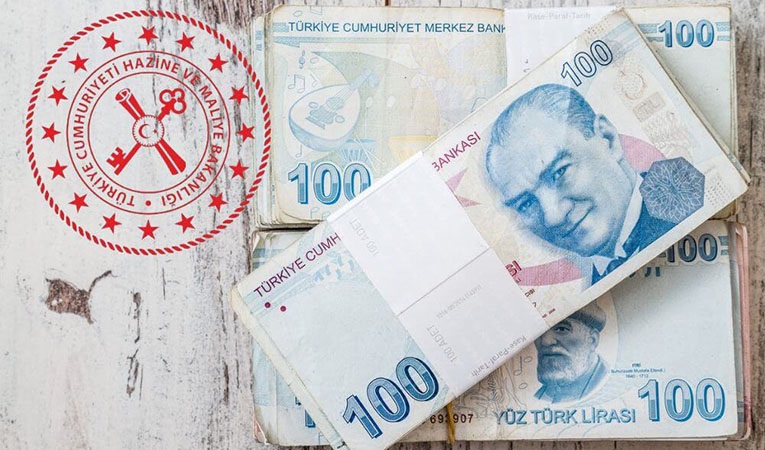
-
BIST 100
 9379,97%-0,15En Düşük9364,38En Yüksek9388,37
9379,97%-0,15En Düşük9364,38En Yüksek9388,37 -
DOLAR
 38,12%0,09Alış38,1143Satış38,1243En Yüksek38,2409
38,12%0,09Alış38,1143Satış38,1243En Yüksek38,2409 -
EURO
 43,59%1,45Alış43,5672Satış43,6118En Yüksek43,6101
43,59%1,45Alış43,5672Satış43,6118En Yüksek43,6101 -
EUR/USD
 1,14%0,86Alış1,1378Satış1,1379En Yüksek1,1385
1,14%0,86Alış1,1378Satış1,1379En Yüksek1,1385 -
ALTIN
 4036,76%2,09Alış4036,23Satış4037,29En Yüksek4042,00
4036,76%2,09Alış4036,23Satış4037,29En Yüksek4042,00
-
BIST 100
 9379,97%-0,15En Düşük9364,38En Yüksek9388,37
9379,97%-0,15En Düşük9364,38En Yüksek9388,37 -
DOLAR
 38,12%0,09Alış38,1143Satış38,1243En Yüksek38,2409
38,12%0,09Alış38,1143Satış38,1243En Yüksek38,2409 -
EURO
 43,59%1,45Alış43,5672Satış43,6118En Yüksek43,6101
43,59%1,45Alış43,5672Satış43,6118En Yüksek43,6101 -
EUR/USD
 1,14%0,86Alış1,1378Satış1,1379En Yüksek1,1385
1,14%0,86Alış1,1378Satış1,1379En Yüksek1,1385 -
ALTIN
 4036,76%2,09Alış4036,23Satış4037,29En Yüksek4042,00
4036,76%2,09Alış4036,23Satış4037,29En Yüksek4042,00
- Anasayfa
- Haberler
- Tüm Haberler
- Those Who Play Hardball Win
Those Who Play Hardball Win
The world of business is a playing field and companies are the players. The key question here is: “Are you playing for fun or playing to win?” Management consultants recommend playing to win and pl...
The world of business is a playing field and companies are the players. The key question here is: “Are you playing for fun or playing to win?” Management consultants recommend playing to win and playing ‘hardball’. Just like Toyota, Wal-Mart and Dell who have rocked their sectors… From market strength to logistical advantages, these companies use their advantages to the utmost, they pressure their rivals and force them into difficulties. There are also companies in Turkey which grow like this and their number is continually rising.
Toyota attacked the three major players on the market at a time when they were least able to defend themselves. During this offensive it moved from small cars to the production of medium-sized and large vehicles. It secured a powerful competitive advantage through using a flexible assembly line and a production system which was high quality and which could not be imitated; and it even invited its rivals to study its production system.
Wal-Mart never holds back when it comes to making its rivals feel its strength and is famous for mercilessly driving down its suppliers’ prices. Rubbermaid, the producer of household appliances, put itself at great risk by opposing price pressure that Wal-Mart was applying to its suppliers. Wal-Mart’s counter-attack meant that Rubbermaid, which in 1996 had been included in Fortune magazine’s list of favorite companies, was wiped out of the market.
Dell applies similar merciless strategies against its rivals. Last summer the company cut its transportation costs. It announced these cuts as soon as its biggest rival Hewlett-Packard published poor results as a result of competition on PC prices.
Watch out for the hardball strategy
There is no doubt that Toyota, Wal-Mart and Dell are the best examples of successful companies in the last ten years. In fact, in recent editions Businessweek has run headlines on its cover asking: “Who can stop Toyota?”, “Is Wal-Mart too powerful?” and “What you don’t know about Dell”. The common characteristic of all of these stories is that the tactics the companies have used to achieve success have not been innocent.
Yes, no one can say that Dell, Toyota or Wal-Mart are innocent players. Because they are the ‘hardest’ players in their markets. Those like them that focus on competitive advantage differentiate and achieve great success are described as ‘playing hardball’. The issue was addressed in the book entitled, “Hardball: Are you playing to play or playing to win?” The two authors described those who played ‘hardball’ as follows: “Those who play hardball play hard and never apologize for this hardness. But they never break the rules. They always keep their promises to their customers, shareholders and workforce.”
Destroy their profitable areas
So how does one play hardball? Management consultants say that there are actually many ways to do this. Indeed, many people use a classic strategy in order to achieve a competitive advantage. The first of these is to destroy the areas in which their rivals make profits. Those who play hardball launch an intensive advertising campaign or cut prices, entering the areas where their rivals make profits and reducing their influence.
If necessary, deceive your rival
Hardball players who have good strategies, but have time problems, can win time by deceiving their rivals. This has been done in the data processing sector for years. In order to attract potential customers and distract their rivals, data processing companies run advertisements about a technology which had not yet been developed. They even publish press statements such as, ‘Our experts are about to complete a product which will create a revolution’, and deceive the sector and, as a result, their closest rivals.
Of course, one must be careful when implementing a strategy like this. If investors as well as rivals are fooled, then companies can expect, not success, but major difficulties. The basic aim in deceiving rivals is to prevent the rival from learning what the company is actually preparing. Deceiving rivals is also accepted as a key strategy in playing hardball.
The companies who play hardball in their sectors in Turkey
Company The characteristics of those who play hardball
Arçelik Arçelik has been in the sector for 50 years and its pioneering, innovative, reliable image make it one of the sector’s hardball players. Arçelik has a share of over 50 percent of the white goods market.
Ülker The speed with which Ülker develops new products, and its logistical strength make problems for its rivals. Ülker is the market leader with 54 percent of the biscuit market and 57 percent of the chocolate and cocoa products market.
BİM BİM is the first and only company to apply the hard discount concept in Turkey. In 1995 BİM had 21 stores. Today it has 40 stores and has the highest turnover of any supermarket chain.
Turkcell Turkcell has 23.4 million subscribers, three and a half times as many as its nearest rival. What makes the company a hardball player is the way it has secured subscribers and market share through customer-focused services.
Efes Pilsen Efes Pilsen’s extensive distribution network and its research and development department are what rank the company in the hardball player category. With a market share of 77 percent, it is the leader of the beer market in Turkey.
Migros Migros has been successful through its speed of aggressive organic growth and its move to brand segmentation. It currently controls 23 percent of the $17 billion organized retail market.
Garanti Bankası Garanti is the third largest private bank in Turkey with total assets of nearly $18 billion. Its creative, innovative vision and its broad product portfolio are what make it a hardball player.
Hürriyet Hürriyet is the most profitable media institution in Turkey with a 14 percent market share of advertising expenditure. What make it a hardball player are its management and productivity policies.
Yudum Yudum is the leader on the retail sunflower market with a market share of 16.1 percent. What make Yudum a hardball player are its investments in brands, product performance, supplier advantage and pricing policy.
Casper Casper Computer is the leader on the PC market which is dominated by the foreign global giants, What make it a hardball player are its healthy growth and advertising.
Nilüfer Gözütok
[email protected]
Türkiye ve dünya ekonomisine yön veren gelişmeleri yorulmadan takip edebilmek için her yeni güne haber bültenimiz “Sabah Kahvesi” ile başlamak ister misiniz?






